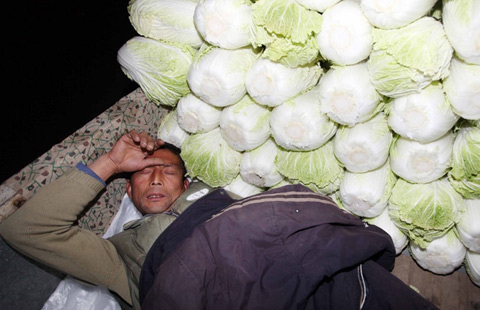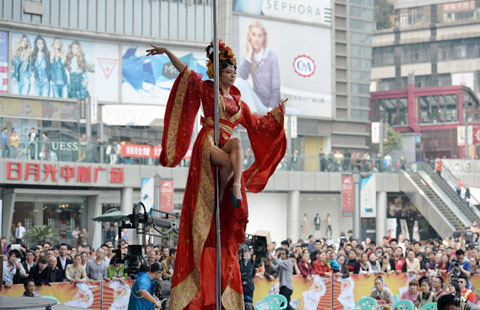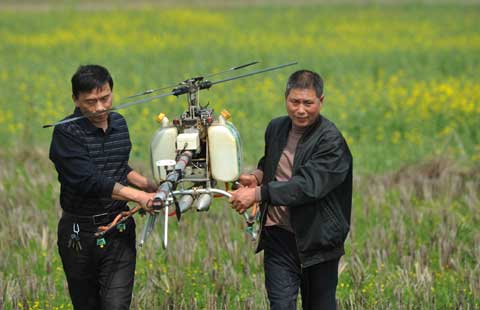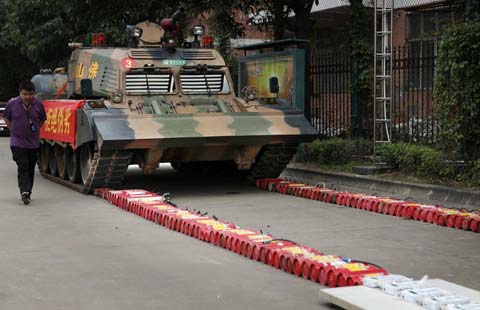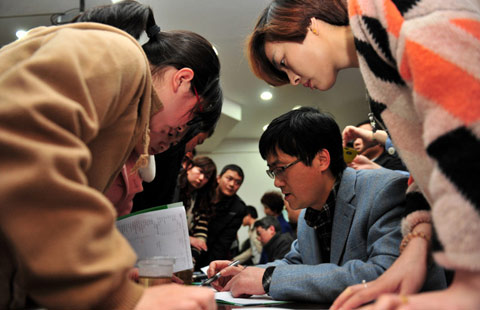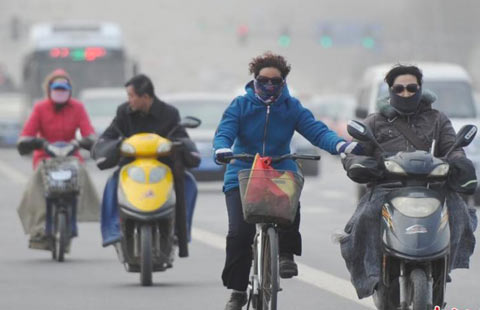

1939
Mid-February
The Japanese army occupied Hainan Island and enforced a naval blockade against China.
Early May
In order to consolidate its occupation of Wuhan, the Japanese army attacked Suixian and Zaoyang.
September 25
The First Changsha Campaign occurred, an important campaign in the frontline battlefield during the early period of the stalemate stage.
October 24
The Japanese army occupied Nanning.
1940
March 29
A puppet "National Government" was set up in Nanjing, with Wang Jingwei as its acting president.
March 30
The Foreign Ministry of the Kuomintang government addressed a note to diplomatic envoys in China, announcing that Nanjing's Wang Jingwei puppet government was invalid.
August 20-December 5
The Eighth Route Army launched 100 regiments of 400,000 men in a battle in north China. This battle, popularly called "Hundred-Regiment Campaign," was the biggest attack led by the Chinese Communist Party against the enemy during the war. The campaign included 1,824 battles. It wiped out 20,645 Japanese troops and 5,155 puppet soldiers. This campaign played an important role in the anti-Japanese war. It proved that the Chinese Communist Party and the anti-Japanese army led by it represented the backbone of the struggle against the invaders.
September 27
Japan, Germany and Italy formally signed a military alliance treaty.
December 29
U.S. President Roosevelt, in a radio "Fireside Chat," said China, Britain and the United States should throw in their lot together.
